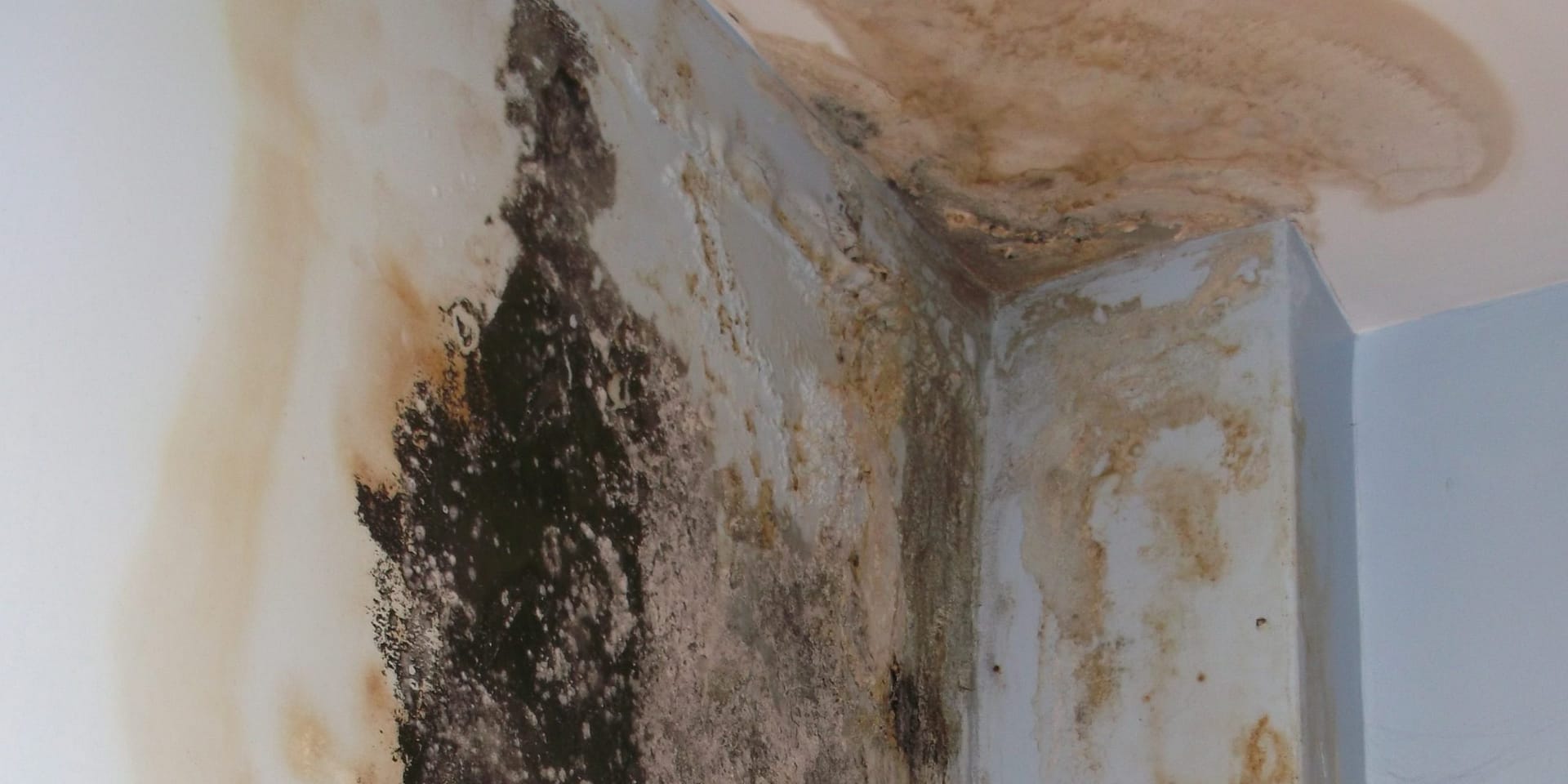Babies are more at risk from mould in the home. This is because their immune systems are still developing. They also have smaller lungs and spend more time indoors in affected rooms. Toxic mould can cause respiratory problems, skin irritations, and long-term health issues in infants.
The Hidden Danger in Your Home: Mould and Baby Health
Mould in the home is not just an eyesore—it can be a serious health hazard. For babies, the risks are even higher. Their tiny bodies are still growing, and their immune systems haven’t fully developed. When babies breathe in or come into contact with mould spores, the effects can be severe.
According to NHS guidance and the UK Health Security Agency, exposure to mould can cause health issues. This is especially true for black mould (Stachybotrys chartarum). Researchers have linked it to breathing problems, asthma, and skin rashes in infants.
What Makes Babies More Vulnerable?
- Babies breathe faster, meaning they inhale more air—and therefore more spores.
- Their immune systems are underdeveloped, making it harder to fight off mould-related illnesses.
- Babies spend most of their time indoors, especially in bedrooms or nurseries where mould often hides.
Where Does Mould Grow in the House?
Mould thrives in damp, poorly ventilated spaces. You’ll often find it:
- Around windows with condensation
- On bathroom ceilings and walls
- Behind furniture near external walls
- On cold bedroom walls (common in older housing)
- In kitchens and utility rooms
If your baby sleeps or plays in a mould-affected room, they’re breathing in potentially harmful air for hours every day.
Signs Your Baby May Be Affected by Mould
Watch out for these symptoms:
- Persistent coughing or wheezing
- Skin rashes or eczema flare-ups
- Runny nose or congestion that doesn’t go away
- Red, itchy eyes
- Difficulty sleeping because of respiratory discomfort.
If these symptoms worsen at home and improve when away, it’s a strong indicator that mould could be the cause.
What the Law Says About Mould in Rental Properties
Landlords in the UK are legally required to keep rental properties safe and free from hazards. This includes damp and mould.
Under the Homes (Fitness for Human Habitation) Act 2018, your home must be fit to live in. If there is mould because of structural problems, your landlord must fix it. This includes issues like leaks, rising damp, or bad insulation.
Visit gov.uk for more details on your housing repair rights.
Real-World Case: The Tragic Impact of Ignored Mould
In a sad story from the BBC, two-year-old Awaab Ishak died in 2020. His death was because of a respiratory problem caused by long exposure to mould in his home.
Despite repeated complaints, the housing provider failed to act. This case caused national anger and led to Awaab’s Law. This law requires social landlords to respond faster to complaints about damp and mould.
This tragedy is a stark reminder of how serious mould exposure can be—especially for children.
What Should You Do If You Spot Mould?
If you see mould in your home and you have a baby, act fast:
- Ventilate the area – Open windows and use extractor fans if available.
- Report it immediately – Contact your landlord or housing association in writing.
- Avoid bleach – Especially in areas babies can touch; use mould-specific cleaners or seek professional help.
- Keep the baby out of affected rooms until you resolve the issue.
- Document everything – Take photos, save emails, and record any delays in action.
Who Can Help You?
If your landlord ignores your mould complaints, it can harm your baby’s health. In this case, you might deserve compensation for the housing problems.
👉 National Claims will help you put in touch with experienced solicitors who specialise in mould-related claims. They will guide you through the process, help gather evidence, and fight for the compensation you deserve.
How Much Compensation Can You Claim?
Compensation depends on the severity of the mould, the impact on your baby’s health, and the response (or lack of) from your landlord. You may be able to claim for:
- Medical expenses
- Pain and suffering
- Damage to belongings (like cot bedding or baby clothes)
- Emotional distress
- Aggravated damages for long delays or neglect
Example Compensation Ranges:
These figures are estimates, and exact amounts depend on individual circumstances. Your solicitor will assess your case and fight for the highest possible compensation.
People Also Ask
1. Can mould in the house make my baby sick?
Yes, mould can lead to respiratory problems, allergies, and skin conditions in babies, especially with prolonged exposure.
2. Who is responsible for mould in a rented home?
Landlords are legally responsible for repairing damp and mould caused by structural problems, leaks, or poor insulation.
3. Can I get compensation for mould affecting my baby’s health?
Yes, if mould exposure in your rented home has harmed your baby and the landlord failed to act, you may be eligible for compensation.
4. What if my landlord ignores my complaints?
Document everything and seek legal advice. National Claims can help connect you with solicitors who will take legal action if needed.
Final Thoughts: Protecting Your Baby Starts with a Safe Home
Mould isn’t just an inconvenience—it’s a serious risk to your baby’s health. As a parent or guardian, you have every right to demand a safe, healthy home environment. If your landlord fails to act and your baby suffers, you don’t need to fight this battle alone.
At National Claims, we have skilled housing disrepair solicitors. They know how mould exposure can affect your health and emotions. They will work tirelessly to ensure you get the support, compensation, and justice you deserve.
Act Today
Don’t wait until it’s too late. If your baby is showing signs of illness and there’s visible mould in your home, reach out now. The longer you leave mould untreated, the greater the risk to your child’s health.
Contact National Claims today, and we will put you in touch with an expert solicitor who can guide you through the claims process.📞 Call us now free 0800 029 3849 or 📩 Submit an online enquiry to speak to our team. Your safety and well-being matter, and we’re here to help.

We’re proud of our excellent customer reviews
We thrive on delivering exceptional service and ensuring our clients’ satisfaction. Don’t just take our word for it. Check out some of our independent reviews to see what our clients have to say.
Excellent

This firm is excellent, they sorted out my car pay out and injury claim very fast, they always communicate with you all the time.

My accident case was dealt with confidence and with great result of the outcome, especially James kept me informed all the time.

I was very impressed at the way my inquiry was treated. I was listened to attentively and everything I needed to know was explained to me.






